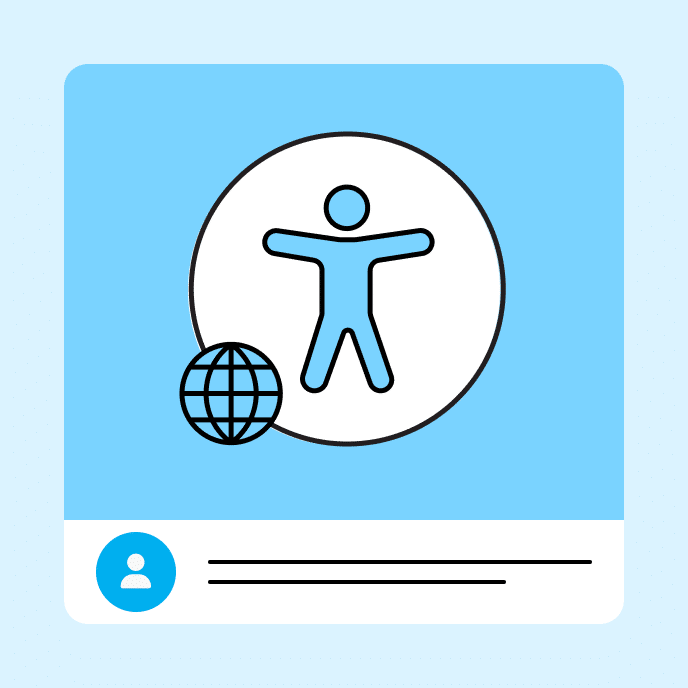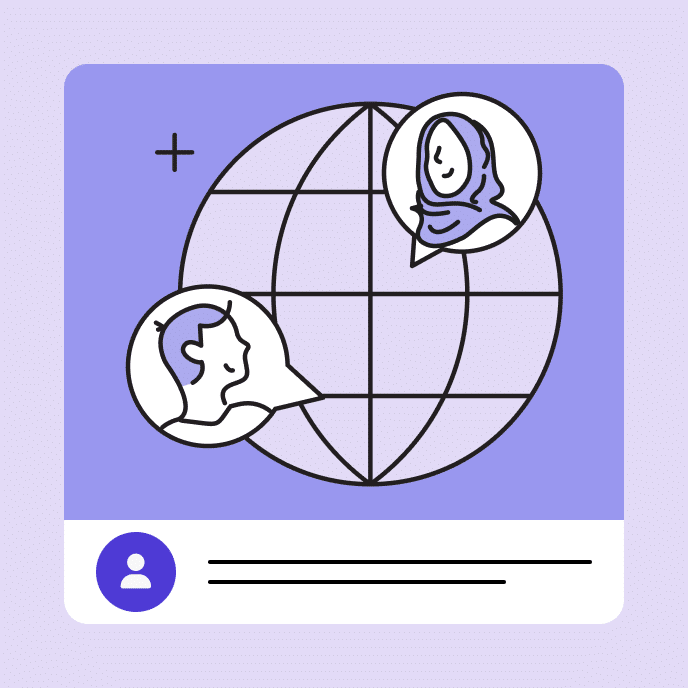What to Do When Your E-Learning Project Is Complete
Boost your development skills with these practical steps to effectively wrap up your e-learning project, from sharing success metrics to preparing for your next endeavor.

How to capitalize on your completed e-learning project
In previous posts, we’ve covered various aspects of building e-learning courses. Now, let’s explore what to do when you complete your e-learning project. We’ll review essential steps to take after project completion, helping you improve your skills and prepare for future success.
Remember, with each project, we become a little better at tackling the next one. The key is to keep learning and growing.
Share your success
It’s important to collect and report metrics from your e-learning course. Your client and manager need to see how the project outcomes compare to the initial goals. Ideally, you have access to the metrics used to determine if you needed a course in the first place. If so, try to obtain those metrics after you implement the course.
I also recommend conducting some sort of pre- and post-course assessment of the learners. You may not be able to present real-world metrics, but at a minimum, you can show their abilities before the course and how they progressed after (assuming that’s the case).
If you don’t have control over the course’s success or measurable improvement, consider compiling information about the cost and how it compares to outsourcing. You can always show how the effective implementation of an online training program saved the organization’s resources.
Prioritize customer service
Consider your project from a customer service perspective. Identify your customers – they might include your clients, subject matter experts, learners, and peers. Ensure you have met all their needs.
Try these three practices:
- Gather feedback from your customers using a simple survey about the project and recommendations for future work.
- Send thank-you notes to everyone who contributed to the project, and copy their managers to maintain good relationships.
- Find ways to praise those involved in the project in front of others. Give them kudos in meetings or send their boss a nice note. That will go a long way.
Follow up
Set a reminder to check in with the person or group that commissioned the e-learning course. A 30-day follow-up is a good start. Also, schedule an annual review of the project to assess its status and potential need for updates.
I’d be proactive in doing this. Set the meetings and invite the key players. It’ll make you look really diligent.
Conduct a post-project review
Review the course with your peers to capture lessons learned. Compare your initial intentions with the final outcome. There’s always room for improvement, and these insights can be valuable for your next project. Consider sharing your experiences through articles or case studies.
Prepare for your next project
Use the feedback and lessons from this project to improve your next one. Some steps you can take:
- I build to reuse. Anything custom-built for that project is cleaned out and set apart as a template for the next project.
- Update what you send to clients to initiate the projects such as service level agreements and the questions you use to collect information.
- Keep improving. Stay on top of what others in the industry are doing.
- Always work on your elevator pitch: “This is what the needs are and this is what I do to meet them.”
Key takeaways
By following these post-project tips, you’ll maximize the value of each experience. Remember, each project is an opportunity to learn and refine your skills. From sharing metrics to conducting reviews, these practices will help you grow as a course developer and set the stage for even better projects in the future.
You may also like

5 Digital Accessibility Mistakes That Are Costing Your Business
Nearly 96% of top websites fail to meet basic accessibility standards. Discover five common accessibility errors businesses make—and how to avoid them.

